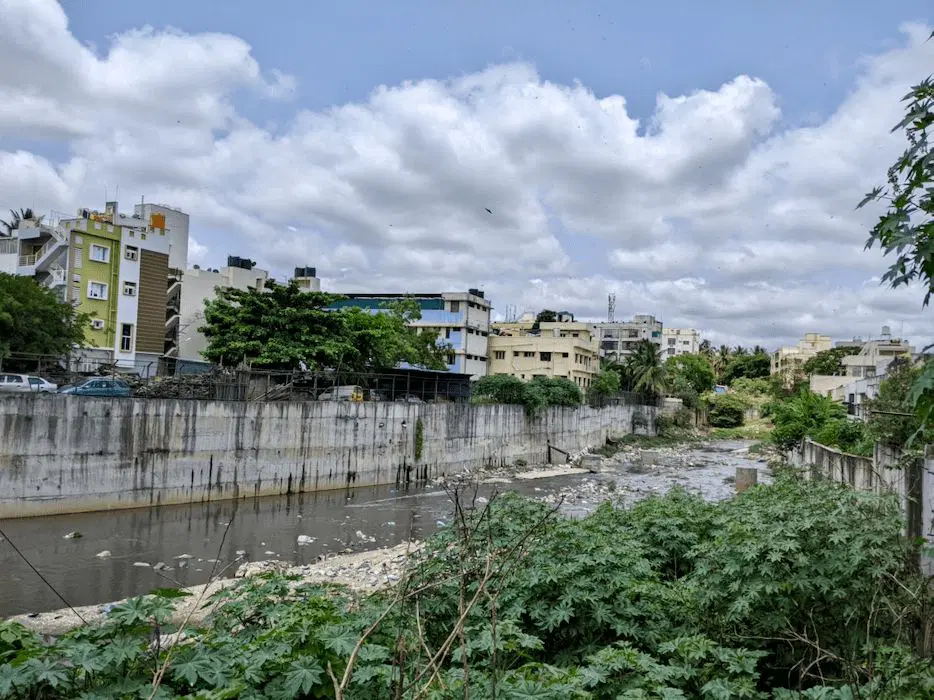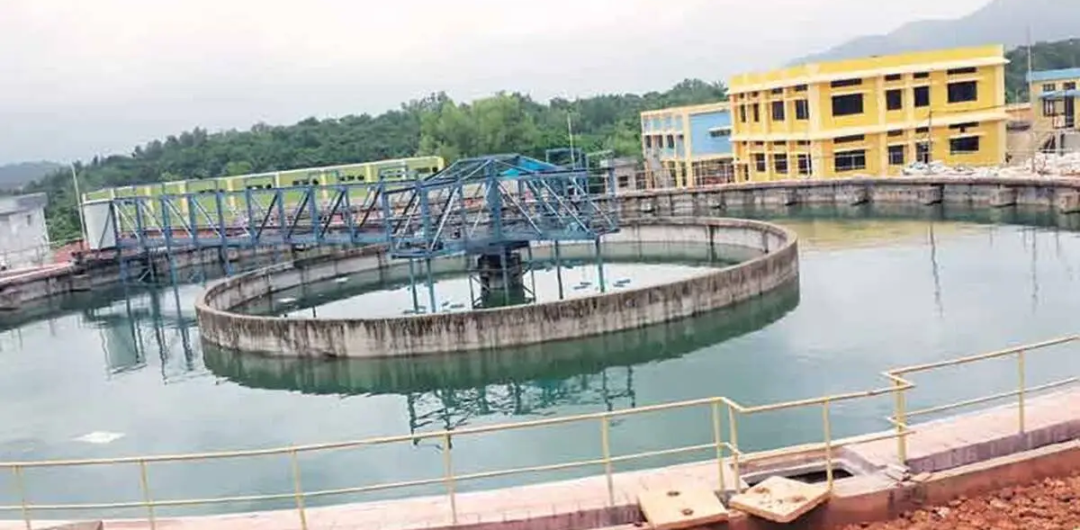A study by an NGO has found that out of Bengaluru’s 31 sewage treatment plants, only eight are monitored properly for chemical oxygen demand, biochemical oxygen demand, pH, total nitrogen, faecal coliform, ammoniacal nitrogen and suspended solids for wastewater treatment.
ActionAid Association’s study found that the Bangalore Water Supply and Sewerage Board (BWSSB), which runs the sewage treatment plants, did not comply with the limits set by the Karnataka State Pollution Control Board (KSPCB) for the parameters.
While the limit for total suspended solid—a parameter used to assess the quality of water after treatment—is <10 mg/l as prescribed by the KSPCB, the BWSSB has set the limit at <20 mg/l. The KPSCB’s pH limit is 6.5-8.5 but the BWSSB limit is 6.5-9.
Said Raghavendra B Pachhapur, senior lead (projects) of ActionAid Association, “We have looked at the data available at the BWSSB STP dashboard, which monitors these parameters in all the 31 STPs across Bengaluru… Ammoniacal nitrogen and total nitrogen are not configured for seven STPs and faecal coliform data is missing across the STPs. Although sensors may not be available for coliform, it needs to be tested once a day and results need to be updated.”
Raghavendra further said the values of several parameters remained unchanged. “If wastewater is being processed every day, it is practically impossible to record the same readings for days together. So we concluded that the readings were wrong. There is an urgent need for the BWSSB to look into the data of STPs on the dashboard,” he said. “Either the data is not captured effectively, sensors are not performing effectively, or the STP is not performing effectively.”
The sewage treatment plants at Doddabele, Cubbon Park, Yelemellappa Shetty, Mailasandra, Kempambudhi, Rajacanal, Agaram and Hulimavu are properly monitored. Those at Kengeri, Rajacanal, Hebbal, K&C Valley-30 and K&C Valley 218 have not configured any parameters for monitoring, so all data is missing for them, according to the study.





